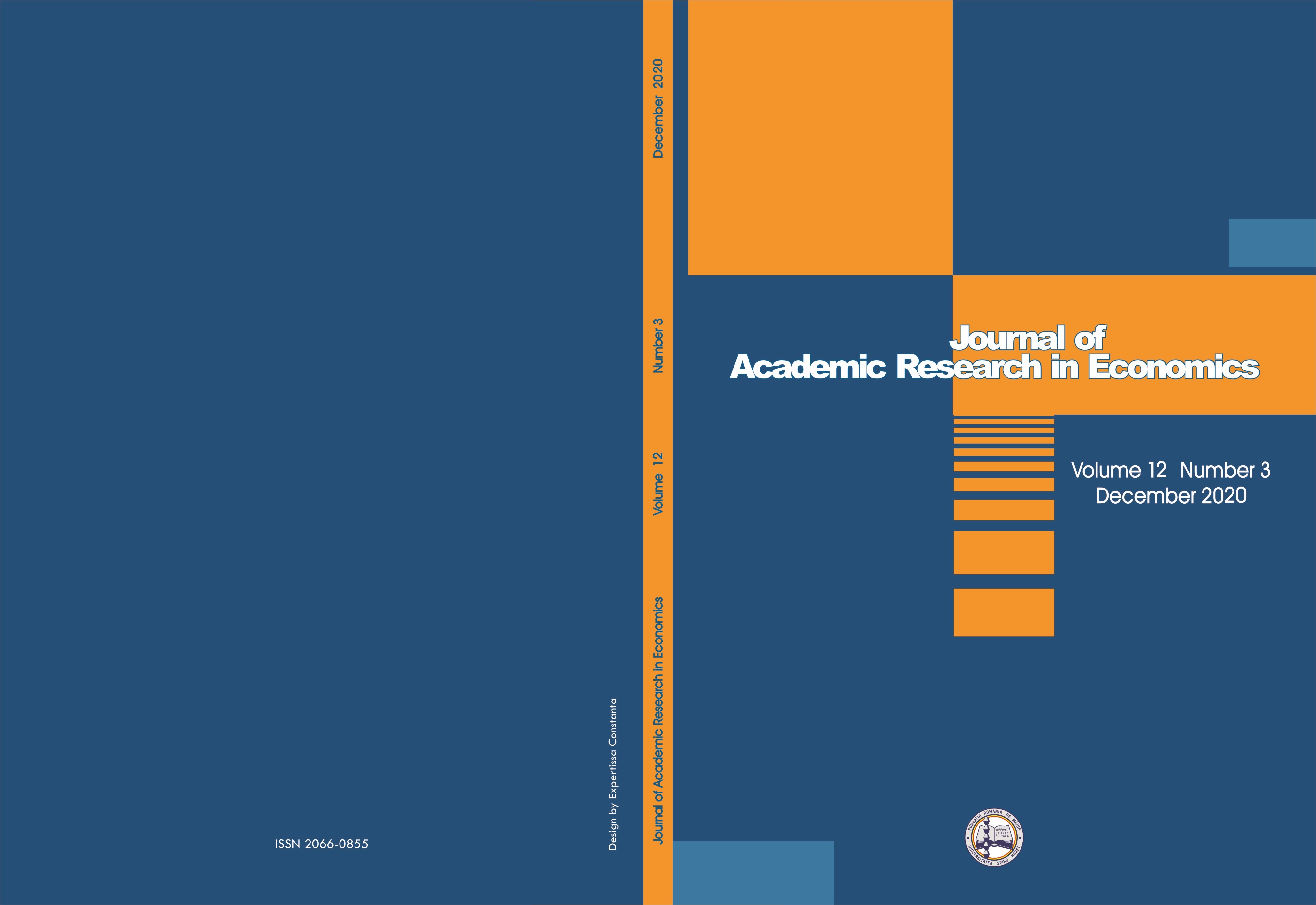COOPERATION AND DEVELOPMENT OUTCOME IN MICRO-WATERSHED
COOPERATION AND DEVELOPMENT OUTCOME IN MICRO-WATERSHED
Author(s): Sukumar SarkarSubject(s): Agriculture
Published by: Universitatea SPIRU HARET - Faculty of Accounting and Financial Management
Keywords: Institution; Cooperation; Social capital; Group maturity; Self-help group; Watershed;
Summary/Abstract: Micro-watershed projects are implemented to develop degraded land in India. The watershed has been analysed for ecological sustainability in terms of increased vegetation, agricultural water, forestry, fishery and other eco-system services, which are known in literature as common-pool resources (CPRs). The force of the market machinery and state led command and control based approaches fail to allocate and manage these natural resources at the social optimum level due to the very features of such resources, political inefficiency and high transaction cost. In course of time, participatory approach (social institution) came up as an efficient model. But, managing CPRs cost-effectively through collective action is also a challenge. To look in to the problems and observed it methodologically from close quarter, we have carried out a primary survey on 149 households from four micro-watershed projects. We found development outcome of micro watersheds depends on institutions, social capital and group maturity at the grass root level. The results also find the importance of women involvement in collective resource management. The regression model suggests that some socio-economic factors such as income of the family head, cooperation of related agencies and appropriate technologies are crucial too for the sustainability of micro-watershed projects.
Journal: Journal of Academic Research in Economics (JARE)
- Issue Year: 12/2020
- Issue No: 3
- Page Range: 552-571
- Page Count: 20
- Language: English
- Content File-PDF

